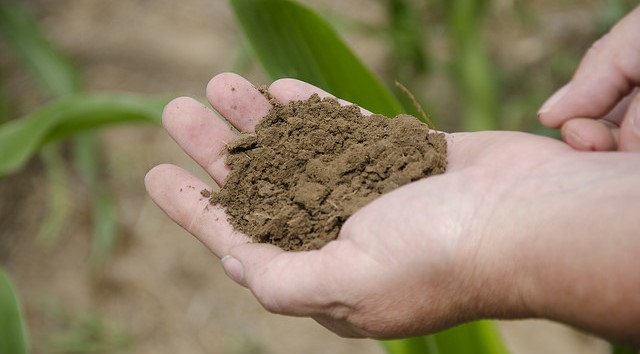The Government is investing in two new research projects to investigate the impacts of “regenerative farming” practices.
As NZIAHS members are aware, this is a contentious issue in science circles. Questions have been raised about the definition of “regenerative” farming and growing and cautions sounded about the need for zealous champions of regenerative practices to base their enthusiasm on reliable New Zealand research data, not on something reported from countries with different conditions and farming methods.
Mr O’Connor announced the government is contributing $2.8 million to a $3.85 million five-year project with co-investment by Synlait Milk and Danone that aims to understand how to measure and manage soil health to boost environmental and economic performance on New Zealand farms.
The announcement on Sunday coincided with World Soil Day, which aimed to raise awareness of the importance of maintaining healthy ecosystems and human well-being by addressing the growing challenges in soil management, fighting soil salinization, increasing soil awareness and encouraging societies to improve soil health.
“We simply cannot take soil health for granted,” O”Connor said.
“It’s the basis of our food systems, and also New Zealand’s economic health.”
AgResearch will work with Synlait Milk and Danone supplier farmers on the project, which will run across ten commercial dairy farms in Canterbury, Southland, and Waikato.
In each region the farms will be paired for comparison based on location, soil type, and farm performance. Soil health will be measured within each farm, with one paddock in each managed conventionally, and another using regenerative farming practices.
The second project sees the Government contributing $2.2 million to a five-year research project aimed at boosting New Zealand farm yields by attracting beneficial insects to farms using specifically designed native planting.
“By looking at the relationship that specific native plants have with insects, the researchers will be able to see which ones increase pollination and tackle pests most effectively.”
Based in the Canterbury region, the project is being led by Plant and Food Research, with a range of industry partners investing just over $1 million into the work.
Forty-five Canterbury farms will plant land that is currently under-utilised – such as fence lines, road verges and watercourses – with local native plants that have been proven to support and maintain beneficial insect life.
“By increasing the number of pollinating insects, the project team expects to see increased yields across the farms, which will lead to improved economic and environmental outcomes for the farmers involved.
“Increasing the number of predator insects to tackle pests could also reduce the use of pesticides and insecticides.”
Both projects are being funded through the Ministry for Primary Industries’ Sustainable Food and Fibre Futures fund (SFF Futures).
“To date we’ve co-invested more than $160 million through SFF Futures into 171 industry projects worth almost $355 million in total,” Damien O’Connor said..
“There’s a surge of interest in regenerative agriculture in high-value markets overseas. These projects are just two of a portfolio of ‘regen’ projects we are backing through the fund.
“Collectively they’re contributing to growing our evidence-base on the effectiveness of applying regenerative agriculture practices in New Zealand.
“They align with the environmental goals of Fit for a Better World, our food and fibre sector roadmap that’s driving New Zealand’s economic recovery from COVID-19.”
Through Fit for a Better World the government aims to strengthen the environmental credentials of our food and fibre products and drive further value growth.
Source: Minister of Agriculture












